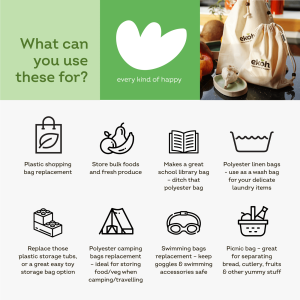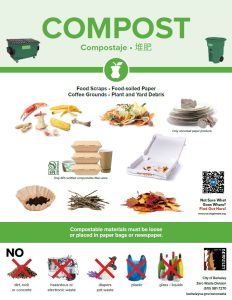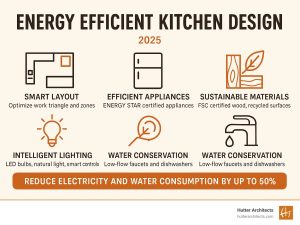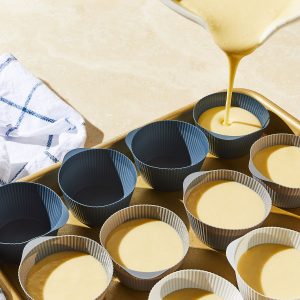If you love baking and care about the environment, compostable baking cups are a smart choice for you. But using them the right way can make all the difference between a perfect cupcake and a baking mess.
In this post, you’ll discover simple tips that help your treats turn out delicious while keeping your kitchen clean and eco-friendly. Ready to bake better and greener? Keep reading—you won’t want to miss these easy, practical tips!
Choosing The Right Compostable Cups
Compostable baking cups are eco-friendly and decompose naturally. Picking the right ones ensures they fit your baking needs and environmental goals.
Consider materials, certifications, and sizes when choosing compostable cups. This guide will help you make informed choices.
Materials To Look For
Compostable cups are made from natural materials. These materials break down quickly and safely in compost piles.
- Look for cups made from unbleached paper.
- Check if the material is free from chemicals.
- Natural fibers like bamboo are great options.
Certifications And Labels
Certifications ensure the cups are truly compostable. Look for labels that confirm this.
- Look for the “Compostable” label on packaging.
- Certifications like BPI or OK Compost verify compostability.
- Be wary of vague “eco-friendly” claims without proof.
Size And Shape Options
Choose the right size and shape to fit your baking needs. This ensures your baking process is smooth and efficient.
- Standard sizes fit most muffin tins.
- Mini cups are great for bite-sized treats.
- Consider unique shapes for special occasions.
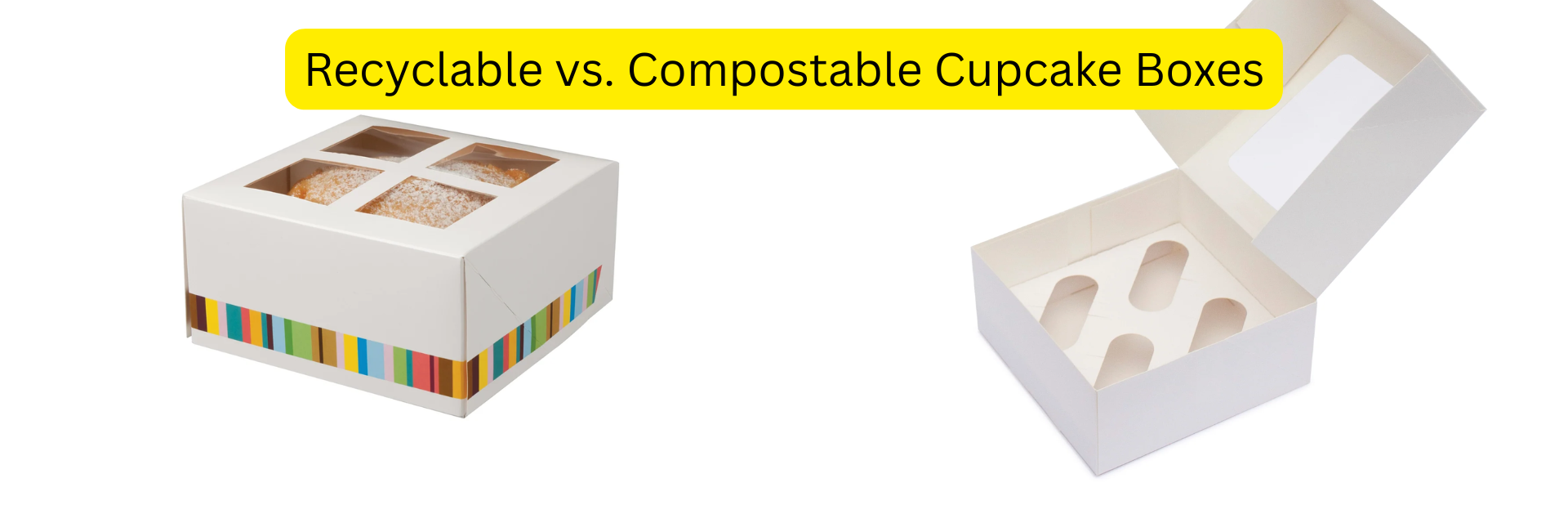
Credit: www.kimecopak.ca
Preparing Cups For Baking
Compostable baking cups are a great choice for eco-friendly baking. They need some care before you use them. Proper preparation helps your baked goods come out clean and perfect.
Getting your cups ready stops problems like sticking or leaks. Use simple steps to keep your baking smooth and neat.
Greasing And Lining Tips
Some compostable cups do not need greasing because they are non-stick. Check the package to be sure. If you want extra safety, lightly grease the cups with oil or butter.
You can also place the cups in a muffin tin to keep their shape. This helps if the cups are soft or thin.
- Lightly oil or butter the cups if needed
- Use a muffin tin to hold cups steady
- Avoid heavy greasing to prevent sogginess
Avoiding Leakage
Compostable cups can leak if the batter is too runny. Use thicker batter to reduce leaks. Avoid overfilling the cups to stop spills during baking.
Place the cups on a baking tray with edges. This catches any drips and keeps your oven clean.
- Use thick batter to prevent leaks
- Fill cups only two-thirds full
- Put cups on a tray with raised edges
Handling Fragile Cups
Compostable cups may be more fragile than paper ones. Handle them gently to avoid tears. Avoid squeezing the cups when placing them in tins or on trays.
If the cups are very soft, support them with a muffin tray or another baking mold. This helps keep their shape during baking.
- Handle cups softly to avoid tears
- Do not squeeze cups when placing
- Use muffin trays for extra support
Baking Techniques With Compostable Cups
Compostable baking cups are eco-friendly and safe to use. They work well for baking cupcakes and muffins.
Using these cups needs some small changes in how you bake. This will help you get the best results.
Adjusting Oven Temperature
Compostable cups can be sensitive to high heat. Lower the oven temperature slightly to avoid burning.
Try reducing the temperature by 10 to 15 degrees Fahrenheit for best results.
- Set oven 10-15°F lower than usual
- Check cupcakes early to prevent over-baking
- Use a reliable oven thermometer for accuracy
Placement On Baking Sheets
Place the compostable cups on a flat baking sheet for stability. Avoid using muffin pans unless cups fit well.
Keep space between cups to allow even heat flow. This helps cupcakes bake evenly and keeps cups from sticking.
- Use a flat baking sheet for best support
- Space cups at least one inch apart
- Do not overcrowd the baking tray
Monitoring Baking Time
Compostable cups might bake faster than paper ones. Check your cupcakes a few minutes before the usual time.
Use a toothpick test to see if cupcakes are done. Insert it in the center; it should come out clean.
- Start checking 3-5 minutes before standard baking time
- Use toothpick test to check doneness
- Remove cupcakes promptly to avoid drying out

Credit: food52.com
Cleaning And Disposal
Compostable baking cups help reduce waste in the kitchen. Cleaning and disposing of them properly keeps the process eco-friendly.
Following simple tips ensures these cups break down quickly without harming the environment.
Composting Best Practices
Remove leftover food from the baking cups before composting. This helps speed up the breakdown process.
Place the cups in a compost bin with other organic waste. Keep the compost moist and aerated for best results.
- Peel off any stickers or labels
- Break cups into smaller pieces
- Mix with kitchen scraps and yard waste
- Turn compost regularly for airflow
Avoiding Contamination
Do not compost baking cups with plastic liners or foil. These materials do not break down and ruin the compost.
Keep cups free from grease or heavy oils before composting. Contaminants can slow decomposition or attract pests.
- Check product labels for compostable certification
- Remove wax or plastic coatings
- Do not mix with non-compostable trash
Alternatives For Non-compostable Waste
If baking cups are not compostable, dispose of them in the trash. Avoid putting non-compostable cups in compost bins.
Consider reusable silicone baking cups to cut down waste. These can be washed and used many times.
- Use paper liners without plastic coatings
- Choose silicone or metal baking cups
- Recycle any clean paper cups if possible
Creative Eco-friendly Baking Hacks
Compostable baking cups help reduce waste in the kitchen. They break down naturally after use.
You can use these cups in many creative ways. These tips make baking greener and fun.
Decorating Without Plastic
Use natural materials to decorate baking cups. Avoid plastic ribbons and stickers.
Try using twine, dried flowers, or leaves. These add beauty and compost easily.
- Wrap cups with jute twine
- Glue small dried flowers on cups
- Use eco-friendly markers to draw designs
Reusing Cups For Crafts
After baking, clean the cups gently. Use them for arts and crafts projects.
Kids can make small plant holders or decorative items. This gives cups a second life.
- Make mini planters for seedlings
- Create small gift holders
- Use cups as paint palettes
Combining With Other Sustainable Tools
Pair compostable cups with reusable baking mats. This cuts down on single-use items.
Use bamboo utensils and glass mixing bowls. These tools keep your baking eco-friendly.
- Silicone baking mats replace foil and parchment
- Bamboo spoons and spatulas are durable
- Glass bowls avoid plastic contamination

Credit: www.realcanadiansuperstore.ca
Frequently Asked Questions
What Are Compostable Baking Cups Made Of?
Compostable baking cups are made from natural fibers like unbleached paper or plant-based materials. These materials break down easily in compost, reducing landfill waste and environmental impact.
How To Use Compostable Baking Cups Effectively?
Place the cups in your muffin tin before adding batter. Avoid grease-heavy recipes to prevent breakdown during baking. Use them in standard ovens and monitor baking times closely.
Can Compostable Baking Cups Be Recycled?
No, compostable baking cups should not go in recycling bins. They belong in compost piles or commercial composting facilities where they decompose naturally and safely.
Are Compostable Baking Cups Safe For All Ovens?
Yes, most compostable baking cups are oven-safe up to 400°F. Always check packaging for temperature guidelines to avoid burning or melting during baking.
Conclusion
Using compostable baking cups helps reduce waste and protect the planet. Choose the right size and material for best results. Always check if cups are fully compostable before buying. Store them in a cool, dry place to keep shape. Avoid high heat to prevent breaking down too soon.
Composting them properly supports a cleaner environment. Small changes in baking can make a big difference. Enjoy baking with eco-friendly cups and help nature thrive. Simple steps lead to a greener kitchen and healthier earth.

